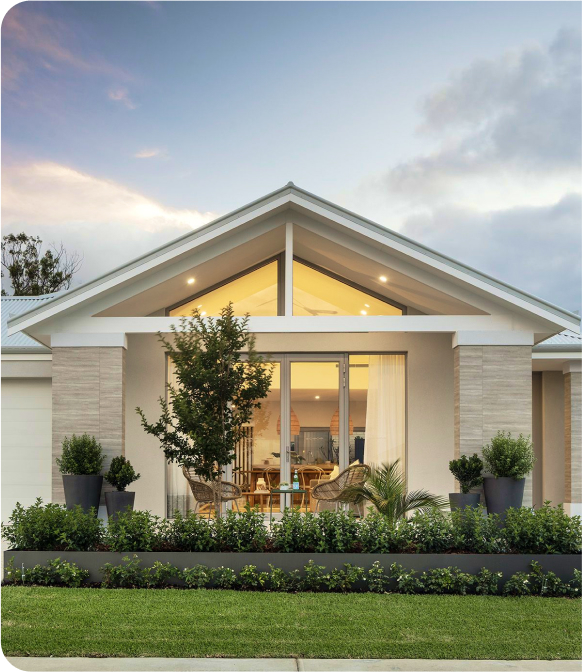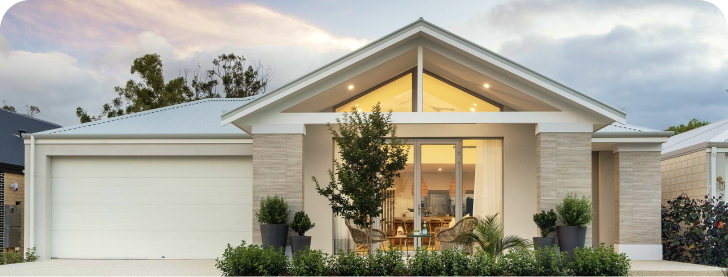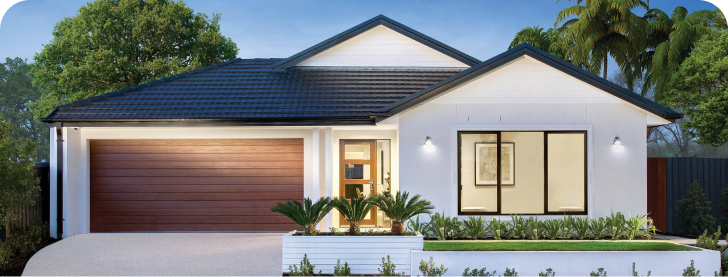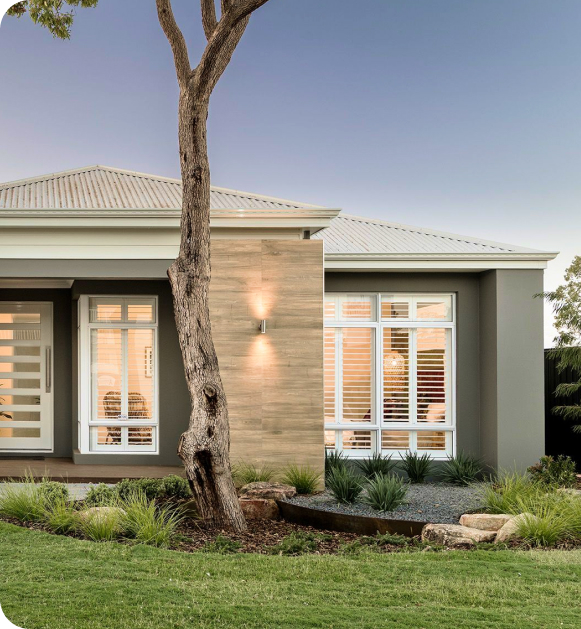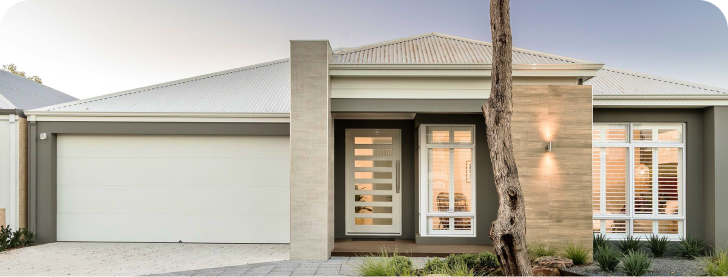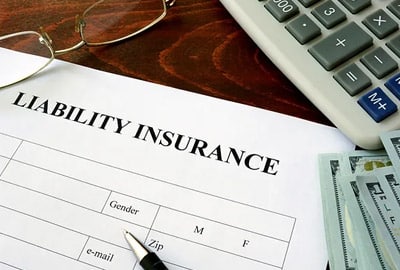
For a huge number of homeowners, their accessory dwelling units (ADUs) have become a place that helps them organize their own home-based business. Yes, it is really convenient to have your business on your own property as it can be really advantageous; for example, it helps prevent possible data breaches or conduct business in the way you personally want. However, there are a lot of things you have to pay attention to, and one of the most crucial aspects of any home-based business is the existing homeowners' insurance policy and certain liability coverage limits.
Many homeowners delegate these issues to the professional liability insurance company and other professional services, but here we will try to figure out the current business insurance policy by ourselves. We promise that by the end of the article, every business owner will have a clear picture of existing homeowners' insurance policies in home-based businesses. Without further ado, let's dive into the problem.
Home-based businesses running in accessory dwelling units are not a regular thing even now. Hence, there are several factors that influence insurance coverage, even for a small business. Departments that provide coverage will, at first, pay attention to the location of your business property. Having a business in an accessory dwelling unit carries unique risks, and to fully protect it, the insurance will have to cover damage that may occur. Also, another consideration will include the business type in case there is a separate policy if your business operations possess a risk of lost income occurring often.
Moreover, let's not forget about local regulations that you also have to control. On condition that you don't want to get into this troublesome aspect, you can always hire an insurance professional team working in your area to assess insurance coverages for your business assets.
Apart from the above-mentioned business property insurance, you have to keep an eye on liability concerns. In order to protect your business needs, it is important to see the coming challenges and elegantly address them. Let's take a look at some of the considerations.
To mitigate possible issues, first, you need to research and comply with all the local laws and zoning regulations that work in the area of your home-based business. Is a stand-alone structure a possible option to set up the business? How to get enough protection and the right coverage for all business equipment? What is the insurance policy concerning similar businesses? Search for answers to these questions.
To protect your business from possible property damage that occurs because of natural disasters, business insurance should provide enough coverage. Make sure that the insurance agent has settled on the business insurance with the correct coverage limits to avoid headaches.
Last but not least, you have to be a foreteller of some sort who will eventually identify possible risks and mitigate them. It is important to address safety concerns when they occur and even predict what may go wrong. This would minimize the liability risks.
Not always is it possible for small business owners to prevent risks and damage done to their property, so understanding insurance coverage is important knowledge. Property insurance has certain limits, so you have to know what structures are covered and what is not. These limits can certainly expand if you want to adequately cover all assets.
Small business owners also have to remember that documentation has to be kept in all detail with necessary photos and serial numbers. Only this can protect your business and your personal property from damage.
Home-based business owners may try to prevent possible accidents concerning their ADUs, but it is almost impossible to save customers from all the dangers. However, in case of personal injury occurring in your accessory dwelling unit, the correct insurance policy will compensate for some medical expenses of your customers and save the face of your home-based business.
Possible coverage options for insurance include:
Having taken into consideration these elements, you will be able to provide coverage for any customers of yours.
Getting insurance for your business property may seem like an extreme step that is totally unnecessary. However, it is a really important part of any home-based business. First, it will protect your customers, employees working for you, and you personally from potential risks. Next, it provides you with business-related coverage concerning your accessory dwelling unit, your equipment, or intellectual property. Finally, it is simply your calmness. You have surely invested a lot of your money, effort, and time into the organization of business in your personal property, so losing everything in a moment just because of some accident is not worth it.
Let's also not forget about the insurance policy in the area and the legal fees that the absence of home-based business insurance may lead to. It's better to be on the safe side here and get the necessary documents instead of waiting for a knock on the door from inspectors.
Homeowners may use their accessory dwelling units for different business purposes, and for some of them who work with product sales, there are special liability considerations to think of. In this part, we will discuss these considerations in detail.
The important points to consider are the following:
But what if someone steals or damages your equipment? Well, there are pieces of advice for this situation too. Getting the right insurance for home-based businesses should help you mitigate most of the possible expenses. However, consider the right coverage limits so that all your assets can be easily replaced in case of a loss. Also, it is great to revise your inventory documentation sporadically and keep everything up-to-date, so you would determine the right compensation.
The equipment insurance also includes the deductibles that you need to pay in the event of a claim. What is more, don't forget about business interruption insurance to cover losses during the period of inactivity. To get info on these small but important elements, schedule a consultation with the insurance company in your area.
Accidents can also happen to your workers, and there is no way to escape that. The only option you have to consider is getting the right insurance, as, obviously, homeowners insurance coverage doesn't pass for employees.
The consideration here is the same as we have already discussed, but one thing is different – the insurance type. Workers' compensation insurance exists specifically to cover the needs of injured employees. It is a law requirement and compensates possible medical bills and lost wages. So, even for small businesses, having it is a must!
There are no fools in the insurance department, and they understand that zoning should influence the liability and insurance rates too. So should you! The law that is applied here largely depends on the local regulations, so the main point here is that your accessory dwelling unit should comply with the local law concerning zoning.
However, some regulations may require special use permits for certain businesses. They include specific conditions like higher liability coverage limits or additional insurance endorsements. In both these cases, the current law should be thoroughly investigated by you to avoid pitfalls.

Surely, home-based business insurance is a great way of protecting your property, but it will not cover all aspects of your business in an accessory dwelling unit. Most policies have strict limits on coverage for business-related property, so an upfront consultation with your insurance company or insurance information institute is essential.
As regular insurance cannot cover everything, perhaps you need specialized coverage to address specific risks, for example, professional liability insurance or cyber liability insurance. They are connected with the unique needs of certain professions and offer coverage beyond regular homeowners' insurance.
The benefit of having an accessory dwelling unit on your lot (be it an attached or detached ADU or a converted detached garage) is a free homeowners' policy, meaning that a sole proprietorship can do almost anything they want. They can use it as a rental property and generate extra income (remember to get landlord insurance). Also, you can accommodate aging parents, adult children, or any other family member.
First, pay attention to the homeowners' insurance coverage so it would cover all the necessary assets. Next, check the conditions of wrongful termination to avoid complications. Also, pay attention to the cost of business insurance, as the unrealistically expensive one may be a fraud.
Choosing an ADU may be a long and complicated process, but we will help you with it. Pay attention to the ADU type, as detached ADUs are normally quite costly, but provide you with the same benefits as attached ones. Also, check your needs. A converted ADU may fit better for organizing a business, while a junior ADU will better fit a family member staying overnight.
